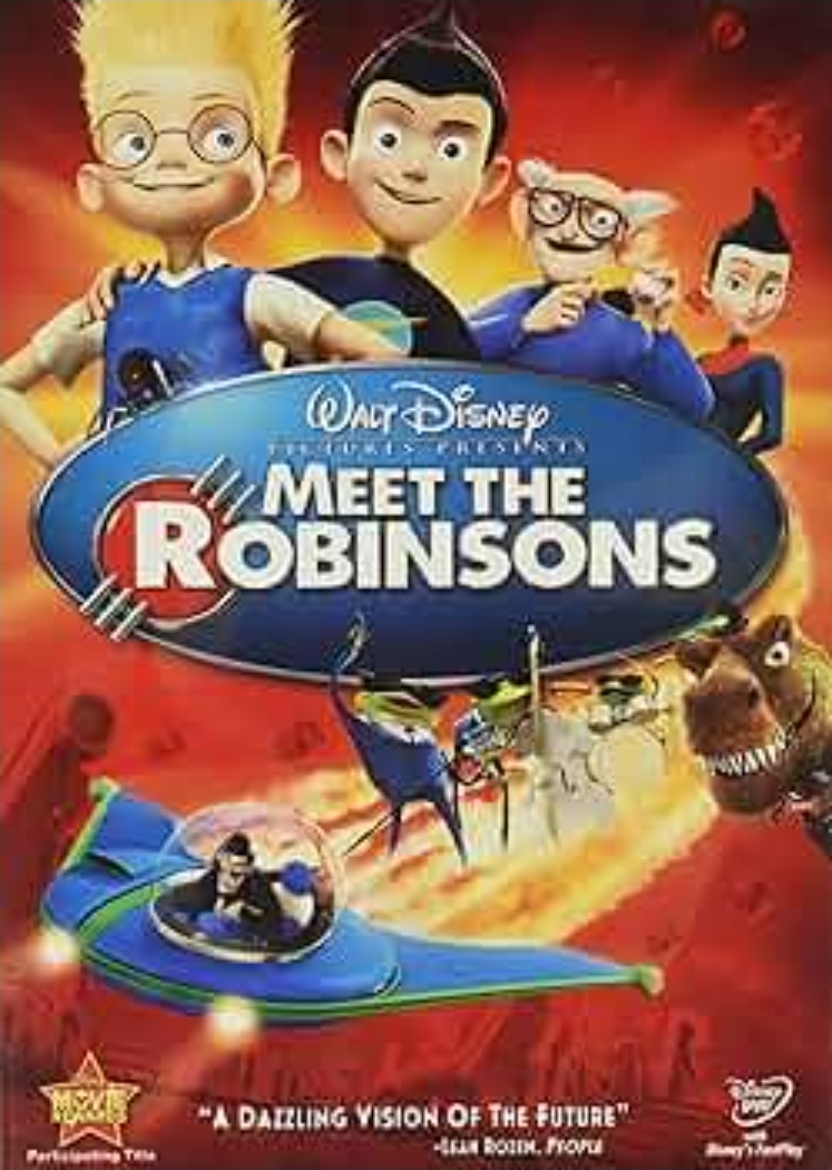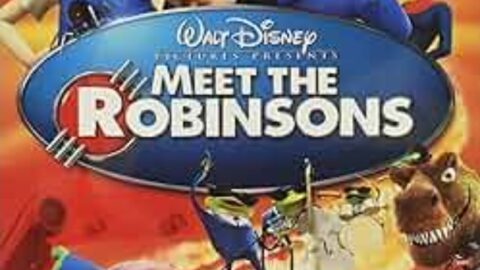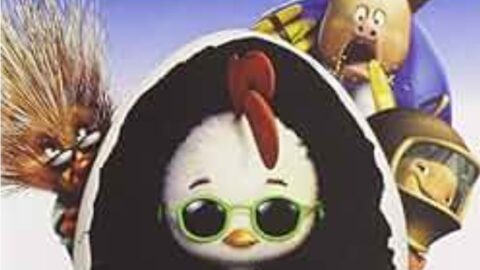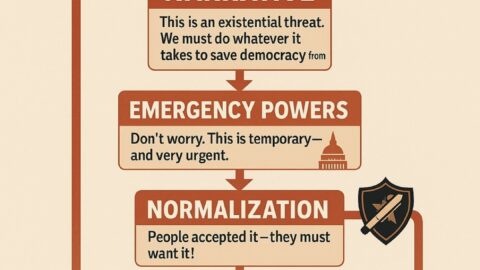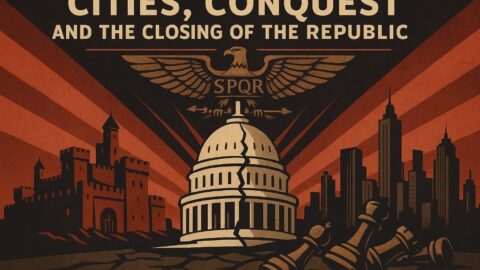Core Question:
Can you build the future without being trapped by the pain of your past?
Tagline (spirit of the film):
“Keep Moving Forward.” — the film’s heartbeat and moral center, expressing that true progress is not the absence of failure, but the courage to grow through it.
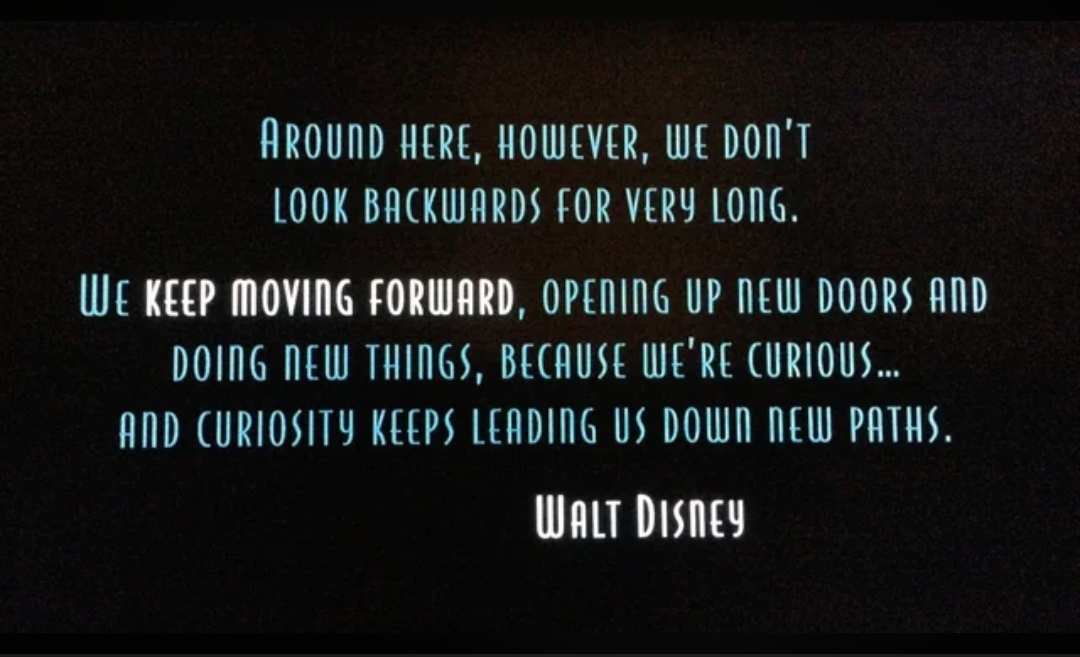
The Inventor Without a Home
Moral Core: The ache of rejection and the birth of perseverance
Lewis’s life in the orphanage represents the human condition before belonging. He creates machines to fill an emotional void, trying to “invent” love and identity through achievement. His failed adoption interviews symbolize a world that values normalcy more than potential.
Moral Lessons
- Identity isn’t earned through perfection but discovered through persistence.
- Innovation requires vulnerability—to dream is to risk failure and ridicule.
- Rejection is not proof of worthlessness; it’s a mirror showing where courage must deepen.
Philosophical Frame
This act echoes Viktor Frankl’s existential insight: humans crave meaning more than comfort. Lewis’s loneliness births his purpose—his pain becomes the seed of creativity.
The Future Beckons
Moral Core: Imagination as revelation
When Wilbur drags Lewis into the future, it’s more than time travel—it’s a spiritual vision of potential. The future world bursts with invention, color, and chaos, contrasting Lewis’s gray orphanage life. This is what happens when curiosity isn’t punished—it creates civilization.
Moral Lessons
- The imagination is prophetic; vision precedes reality.
- Fear of failure chains the future to the past.
- A community that welcomes strange ideas becomes the incubator of miracles.
Philosophical Frame
This act reflects Plato’s Allegory of the Cave reversed. Instead of escaping darkness for light, Lewis leaves his dim present and walks into a radiant possibility—proof that enlightenment is found through creation, not escape.
The Family of the Future
Moral Core: Belonging through acceptance, not conformity
The Robinson household is chaotic harmony. Each family member is odd, yet the oddities interlock. Here, Lewis experiences unconditional acceptance for the first time. The family motto—“Keep Moving Forward”—becomes his catechism of resilience.
Moral Lessons
- True family celebrates failure as proof of effort.
- Acceptance is not sameness; it’s the freedom to thrive as yourself.
- Joy is creative courage made communal.
Philosophical Frame
This act embodies Aristotle’s virtue ethics: flourishing (eudaimonia) arises when people live excellently within community. The Robinsons demonstrate that moral growth requires space for experimentation—and forgiveness.
The Mirror of Bitterness
Moral Core: The danger of resentment and the redemption of empathy
The Bowler Hat Guy (Goob) is Lewis’s shadow self—the same pain, inverted. He shows what happens when wounds harden into blame. Doris, the sentient hat, represents technology divorced from ethics—our inventions reflecting our worst motives.
When Lewis forgives Goob, he performs a moral miracle: he rewrites not just the timeline, but the moral architecture of his world.
Moral Lessons
- Bitterness weaponizes memory; forgiveness redeems it.
- Technology without morality becomes tyranny.
- You can’t rewrite your past, but you can redeem it by changing your response.
Philosophical Frame
This is Nietzsche’s “resentment” made visible—the soul that cannot forgive seeks to destroy. Lewis counters it with a Christ-like mercy: creation through compassion, not conquest. The dystopian Doris future symbolizes a civilization that idolizes invention but forgets conscience.
Full Circle
Moral Core: Integrating the lesson—progress through gratitude
When Lewis returns to his present, he carries future wisdom back to a broken world. His invention works, but he no longer needs it; he’s already found what he was searching for: peace with his past.
His final act—showing kindness to Goob—heals the wound before it grows into evil.
Moral Lessons
- Gratitude transforms failure into wisdom.
- Forgiveness is the true time machine; it frees you from yesterday’s gravity.
- The future we inherit depends on how we treat one another in the present.
Philosophical Frame
This finale mirrors Stoic philosophy—external events can’t define us; our responses do. Lewis attains ataraxia, the calm of self-mastery, by accepting imperfection as part of the divine design of progress.
Overarching Moral Framework
| Theme | Lesson | Real-World Application |
|---|---|---|
| Failure as Data | “Keep Moving Forward” reframes defeat as discovery. | In education, encourage iteration over perfection. |
| Forgiveness Over Blame | Mercy repairs what justice alone can’t. | In families, workplaces, politics—choose restoration before retribution. |
| Belonging Through Acceptance | Diversity of minds fuels progress. | Communities that tolerate oddballs innovate faster. |
| Ethics in Invention | Wisdom must govern technology. | AI, biotech, media—innovation must serve humanity, not replace it. |
| Legacy Through Character | Our future selves are built from present virtues. | Every act today scripts tomorrow’s culture. |
Final Reflection
At its heart, Meet the Robinsons teaches that progress is moral before it is mechanical.
Lewis’s journey shows that the greatest invention isn’t a machine—it’s the forgiving, forward-looking human spirit.
To keep moving forward is not denial of pain; it’s choosing creation over corrosion, imagination over resentment, and hope over history.
That’s not just Disney optimism—it’s the blueprint for every civilization that survives its own genius.

